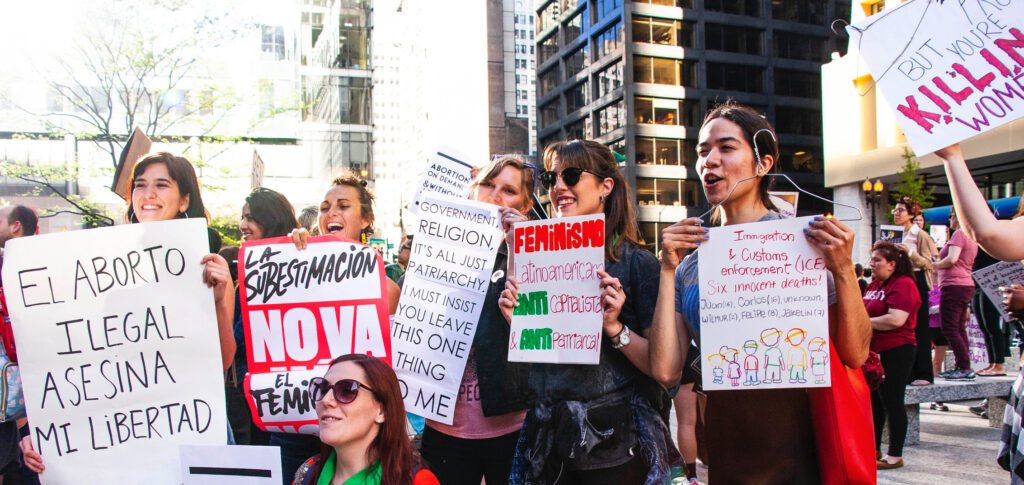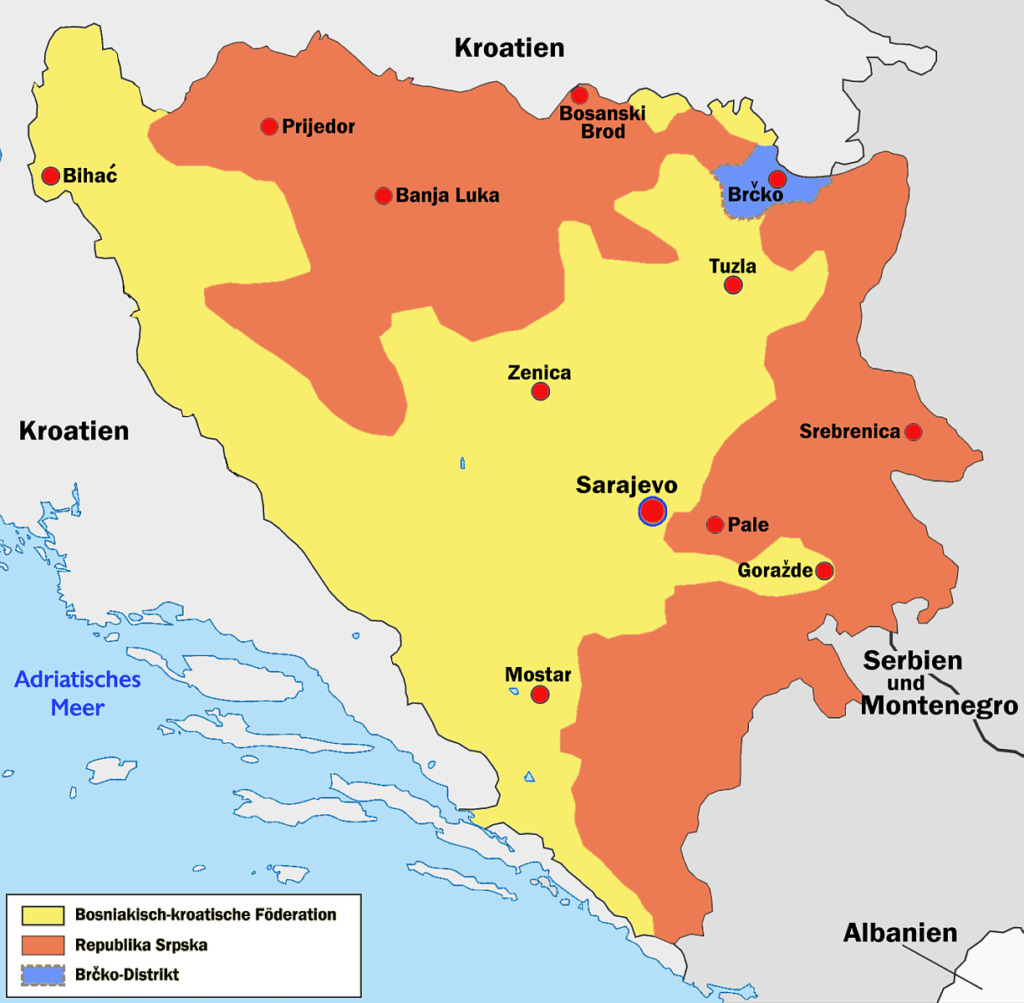LOS ANGELES — Last month, Colombia became the latest Latin American country to legalize abortion. The move follows landmark decisions to decriminalize the medical procedure in Argentina and parts of Mexico.
The Colombian Constitutional Court ruled that abortion now be allowed upon request up until 24 weeks of gestation — a historic win for pro-choice advocates in Colombia. The ruling not only marks a momentous victory for Colombian activists, but also reflects a regional shift in attitudes toward reproductive rights in Latin America.
Along with Colombia, Argentina and certain Mexican states, Cuba, Guyana and Uruguay have legalized abortion without restriction within the first few weeks of pregnancy. In 11 Latin American countries, abortion is allowed within a certain set of conditions (i.e. dependent on the health of the mother and/or the fetus). But in four countries, El Salvador, Dominican Republic, Nicaragua and Honduras, abortion is completely prohibited.
The legalization of abortion has remained a continued struggle for activists in Latin America since the 1990s, but a precedent of highly restrictive anti-abortion legislation and the strong political influence of the Catholic Church in the region have made it a challenging endeavor.
For one, the heavily ingrained presence of Catholicism in Latin American culture often entails religious and social taboo associated with sexual health, particularly abortion. Furthermore, a repressive sexual culture means that conversations about the sexual and reproductive rights of women often go unspoken, leading to stagnation in the progression of women’s rights in the region.
Not only does religion affect ideological stigmatization of reproductive and sexual health, but it also has extensive real-life impacts. Representatives of both the Catholic Church (which accounts for 57% of all Latin Americans) and the Evangelist Church (19%) work at the local level, occasionally in alliance with right-wing groups, to maintain legal restrictions on abortion.
Some of the strategies employed by these groups include instituting ideological goals, such as creating local holidays commemorating “the Unborn Child” and censoring of abortion and other sexual health resources. Others are more material, legislative steps such as the codification of the rights of the unborn and the political targeting of other reproductive rights like in-vitro fertilization.
This pro-life alliance between Catholics, Evangelicals and right-wing political groups — inspired in part by American conservative Christian groups — has had a significant influence on national politics. It appeals to the large number of devout Christians that make up both governmental and civilian entities.
One tactic the group uses is to put pressure on politicians on every rung of the political leader to clearly define their policies on abortion — often forcing them to quickly “pick a side” in a highly nuanced and controversial conversation. Historically, they have been able to maintain a strong grip on abortion regulations by positioning their own members in positions of power throughout Latin American bureaucracy and lobbying for stricter regulations on abortion. However, Latin American pro-choice activists have, in recent years, been able to slightly turn the tide due to the decreasing influence of the Church and by using the tactics that have worked for women’s groups in similarly structured Latin American countries.
Yet for these Latin American activists, abortion is not just an ideological issue. The movements in Colombia and Argentina were motivated by specific cases in which lack of access to abortion led to death. These cases were emblematic of the larger, violent implications of keeping the practice illegal in Latin America.
Statistically, unsafe abortions account for an estimated 4000 deaths in Latin America and the Caribbean every year and at least 10% of all maternal deaths. The fight for safe and legal abortion in Latin America is not just a fight to grant women the ability to make that choice, but also a fight to protect those who are already making it.
The right to legal and safe abortion, in this context, becomes a human rights issue. In 2008, a Salvadoran woman known as Manuela was sentenced to 30 years in prison on suspicion of attempting to terminate her pregnancy. She died only two years after the conviction.
Soon after, the Inter-American Court of Human Rights declared El Salvador responsible for her death. The public outrage that followed led many Salvadorians to question whether the government was prioritizing culturally-ingrained dogma — like the Christian “family values” that Latin American far-right religious groups have been fighting to protect — over the lives of their citizens. Cases like these, in which either abortion is entirely forbidden or can only follow a strict set of health conditions, are not uncommon in Latin American countries.
Colombia, which boasts both the largest economy and Spanish-speaking population in Latin America, has significant cultural influence across the continent. The wave of protests across Latin America in 2021 showed how easily social movements can spread from country to country within the region, and Colombia’s involvement in the demonstrations was able to raise the situation to international attention. When pro-abortion activists in Argentina fought for the legalization of abortion in 2018, an entire movement was launched despite its eventual failure. The recent legislative wins in both countries have proven the ability to change a culture that once seemed unchanging.
Colombia and Argentina, guided by the voices of thousands of young Latine activists who take to the streets in defense of female autonomy, are paving the way for a massive culture shift in Latin America. As many countries in the region experience an ideological pull left, an opportunity arises to change the narrative surrounding women’s rights in Latin America. Colombia’s historic win points to a possible new future across the continent in which the sexual and reproductive rights of women are not only discussed openly but prioritized in important political conversations.







